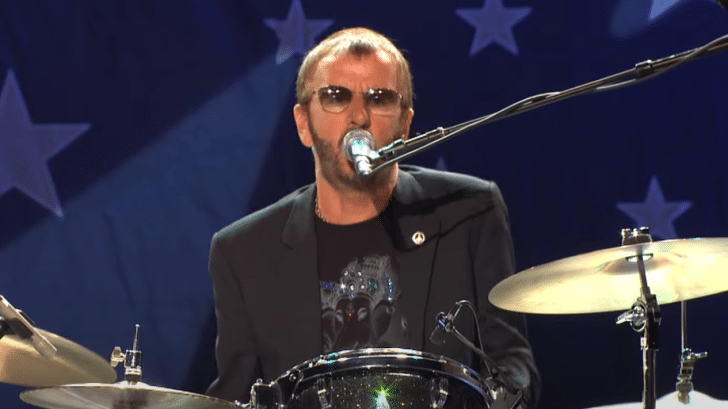In the annals of music history, The Beatles stand as an iconic symbol of timeless talent and everlasting influence. Yet, even legends like Sir Ringo Starr and Sir Paul McCartney had their doubts about the band’s longevity.
In a recent revelation, Ringo Starr disclosed his unexpected “Plan B” – opening a hair salon – because he never anticipated The Beatles would endure.
“When we started, we thought that, maybe, we’d have ten years,” confessed McCartney in an interview. Starr chimed in, stating, “None of us thought it would last a week! Paul was going to write, I was going to open a hairdresser’s, George would get a garage.”
Little did they know that their journey would lead to becoming one of the biggest bands in history, with music that continues to resonate across generations. The recent release of The Beatles’ final song, ‘Now And Then,’ some 63 years after their formation in 1960, serves as a testament to their enduring legacy.
Starr marveled at their ongoing impact: “How many streams did we do last year? One billion? Three billion? It blows me away… The beat’s still going on, you know?”
View this post on Instagram
‘Now And Then,’ The Beatles’ 18th potential number one single, carries a poignant connection to the late John Lennon.
Featuring a demo recorded by Lennon in his New York apartment, the song showcases his voice and piano skills. In a touching moment, McCartney reminisced about the process of completing the song: “We listened to the track. There’s John in his apartment in New York City, banging away at his piano, doing a little demo. Is it something we shouldn’t do? Every time I thought, like that, I thought ‘wait a minute.’ Let’s say I had a chance to ask John. ‘Hey John, would you like us to finish this last song of yours?’ I’m telling you, I know the answer would have been ‘yeah.’ He would have loved that.”
John’s son, Sean Lennon, echoed this sentiment, expressing that his father would have embraced the project, appreciating the innovative use of recording technology.
The journey to completing ‘Now And Then’ was not without its challenges. Lennon’s initial demo, recorded before his tragic passing in 1980, posed difficulties in post-production. However, advancements in technology, similar to those used in Peter Jackson’s docuseries ‘The Beatles: Get Back,’ made it possible for McCartney and Starr to complete the song, isolating and enhancing Lennon’s vocals.

